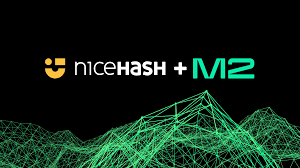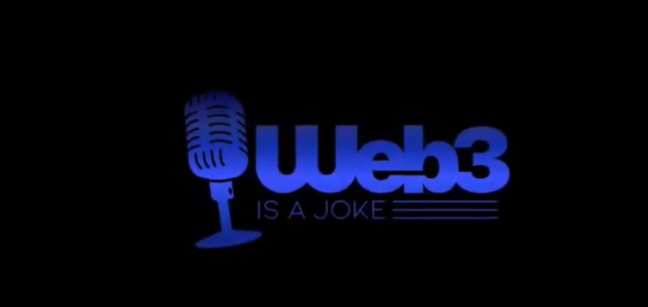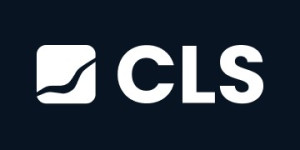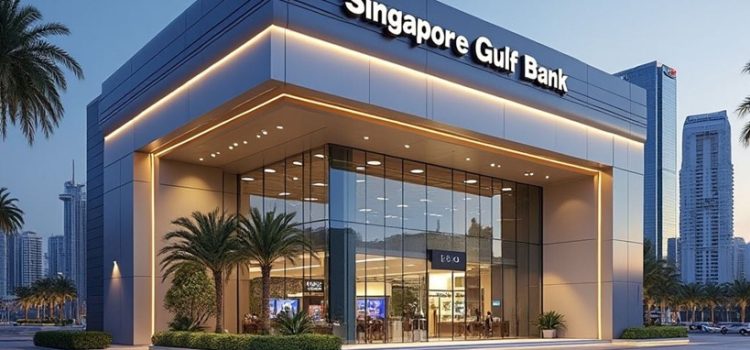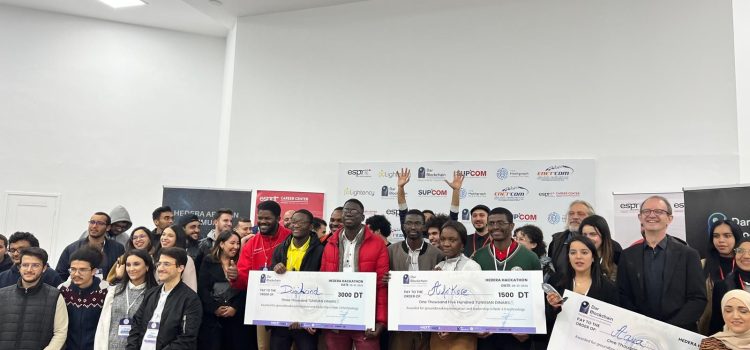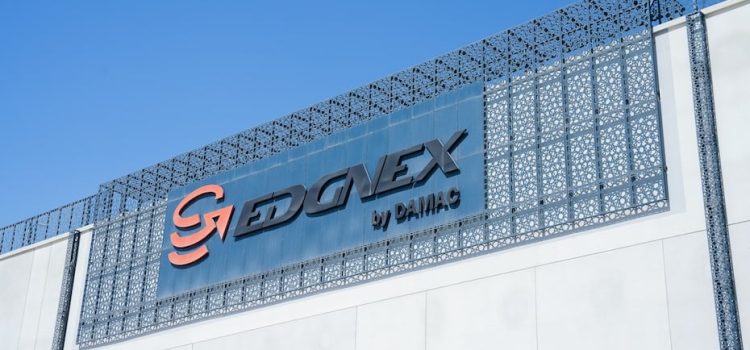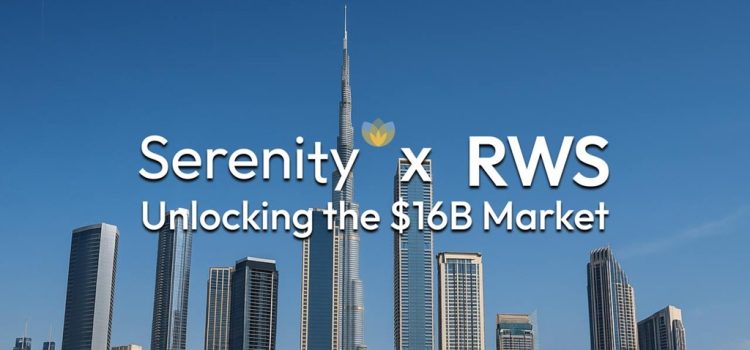Tokinvest, Dubai VARA regulated tokenization platform for (RWA) investing, and Evolution Stables, an equine syndication platform based in New Zealand will bring to market a new asset class, the tokenized exposure to professionally leased racehorses, starting with a Summer 2025 launch. Investor rights are being outlined in the virtual asset whitepaper being filed with Dubai’s Virtual Asset Regulatory Authority (VARA).
Tokinvest and Evolution Stables have developed a platform that focuses on proven horses in the early stages of their racing careers—many with prior earnings—removing many of the pain points traditionally associated with traditional ownership and delivering the thrill of participation from day one. Investors purchase a token representing a fixed-term lease (typically 12 months) with a pre-defined share of any earnings from the horse’s racing activity.
Scott Thiel, CEO & Co-Founder of Tokinvest, said, “This partnership with Evolution Stables represents the next step in broadening the Tokinvest ecosystem. By turning elite equine performance into a regulated, tokenized financial product, we’re offering something totally new—fractional access to a market that’s historically been difficult to enter. This is about turning passion into investment opportunity in a way that’s secure, transparent, and forward-looking.”
Initial offerings will be based on racehorses in New Zealand, a region known for punching well above its weight in elite Group One racing. New Zealand-bred horses win 22% of Group One races in Australia despite making up just 7% of the field, and have also claimed 38% of Group One victories in Hong Kong over the past four years.
Deep ties with respected trainers, syndicators, studs, and breeders—such as Woburn Farm, who helped prepare Hong Kong superstar Lucky Sweynesse, and Forsman Racing, trainers of Group 1 winners Aegon, Legarto, and Mustang Valley—further reinforce the calibre of horses associated with the Tokinvest platform.
Digital-syndication enables racehorse owners to lease out stakes while retaining full control and ownership. Investors pay a fixed price that reflects the horse’s quality, form, and earning potential—removing complexity and eliminating the need for ongoing contracts or admin. Evolution Stables, an authorised syndicator under New Zealand Thoroughbred Racing (NZTR), manages compliance, payments, and performance tracking. Tokinvest delivers a seamless, secure investment experience through its regulated platform, ensuring every transaction is transparent and compliant.
Alex Baddeley, CEO of Evolution Stables, added, “Digital-syndication helps balance the needs of modern investors with those of existing owners—offering steady income to owners without giving up equity or control, while providing investors with a transparent, accessible entry point into an exciting asset class. Together with Tokinvest, we’re building a new model that unlocks opportunity on both sides of the track.”
Investors’ downside risk is mitigated through the fixed-price model, while still allowing them to participate in the upside potential of ownership over the lease term. If a horse is sold during the lease period, the investor is bought out at a predetermined, equitable value. If the horse is retired or deregistered due to unforeseen circumstances—such as injury—the lease is terminated. Returns are not guaranteed and remain subject to horse performance and other external factors, but this innovative ownership model helps reduce many of the risks traditionally associated with racehorse ownership.
Adrian Stanley, Owner of Woburn Farm, said, “Ownership models in this industry haven’t changed or advanced in years. They still work well for existing participants, but with an ageing ownership base and the next generation of investors looking for digital-first solutions, the time for change is now.
“The interest is there—people want to invest—and with New Zealand being the perfect breeding ground for world-class bloodstock, the opportunity is clear. But barriers like limited access, liquidity, and knowledge have always held back growth.
Evolution Stables’ model, which balances the needs of both buyers and sellers, has the potential to be a real game changer—not just for us, but for the wider industry. We’re proud to support it and excited to see where it goes.”
Stephen Gray, Group One-winning Trainer from Stephen Gray Racing, added, “We were lucky enough to compete at the 2018 Dubai Carnival, where one of our horses, Newlands, placed. We’d love to return one day, and we see Evolution Stables’ digital-syndication model as a great way to strengthen the connections between international racing and new investors. Giving people a chance to come along for the ride through this kind of model is a fantastic way to grow the sport and bring fresh energy into the game.”
Prior to this in March 2025, UAE Tokinvest, announced its participation with Dubai Land Department, Dubai’s Virtual Asset Regulatory Authority and Dubai Future Foundation, in the pilot for tokenizing property deeds and titles in Dubai.









